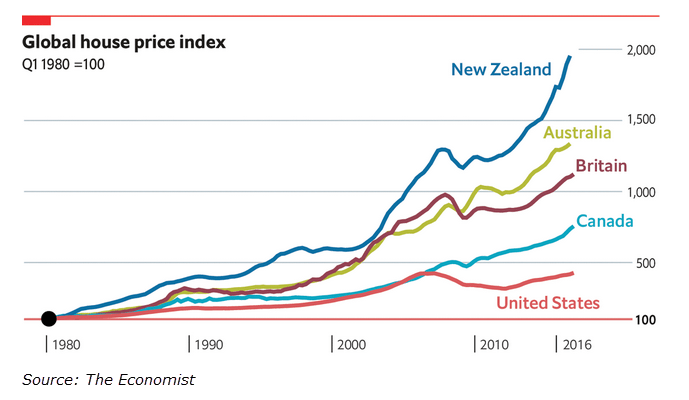I have owned multiple residential income properties over the years. From single family homes to large apartment buildings. I have recently sold all of my properties except for my primary residence and my shop.
My 46 years of being a landlord have lead me to believe:
- Rent control is the primary disincentive for developers to build more housing. IMO, this is the number one factor in demand outstripping supply.
- Never purchase or develop property in an area subject to rent control.
- Never rent to anyone that can't afford the rent. No Section 8 or other government dependent assistance.
- Always get first, last and one month rents worth of security in advance.
- Raise rents as little as financially possible. Turnovers are EXPENSIVE. Good tenants are worth their weight in gold. If your tenant leaves unhappy, you failed as a landlord.
- Maintain your rental properties as well or better than your own home. It's less expensive in the long run, you'll attract much better tenants that will stay longer and you'll sell for a much better return when it's time.
- Be physically at the property often. Get to know your tenants. Know where they work, what they drive, their kids names.
- Being a landlord is not easy.
- I believe a property bubble is rapidly inflating and will pop in the next 6-12 months.
I'm not a cold hearted person, I'm a business man. I've never made a ton of money on rents. They are just to pay the bills, ie, taxes, insurance, mortgage, utilities, maintenance, upkeep, etc. I've have made money via appreciation over long term ownership.
I did try participating in Section 8 housing assistance programs in the beginning. I lost a LOT of money. I believe the programs could be revamped to better protect landlords against the high cost of bad tenants. Not higher rents, just protection against loss. This could open a lot of rental stock to tenants that need assistance.

































